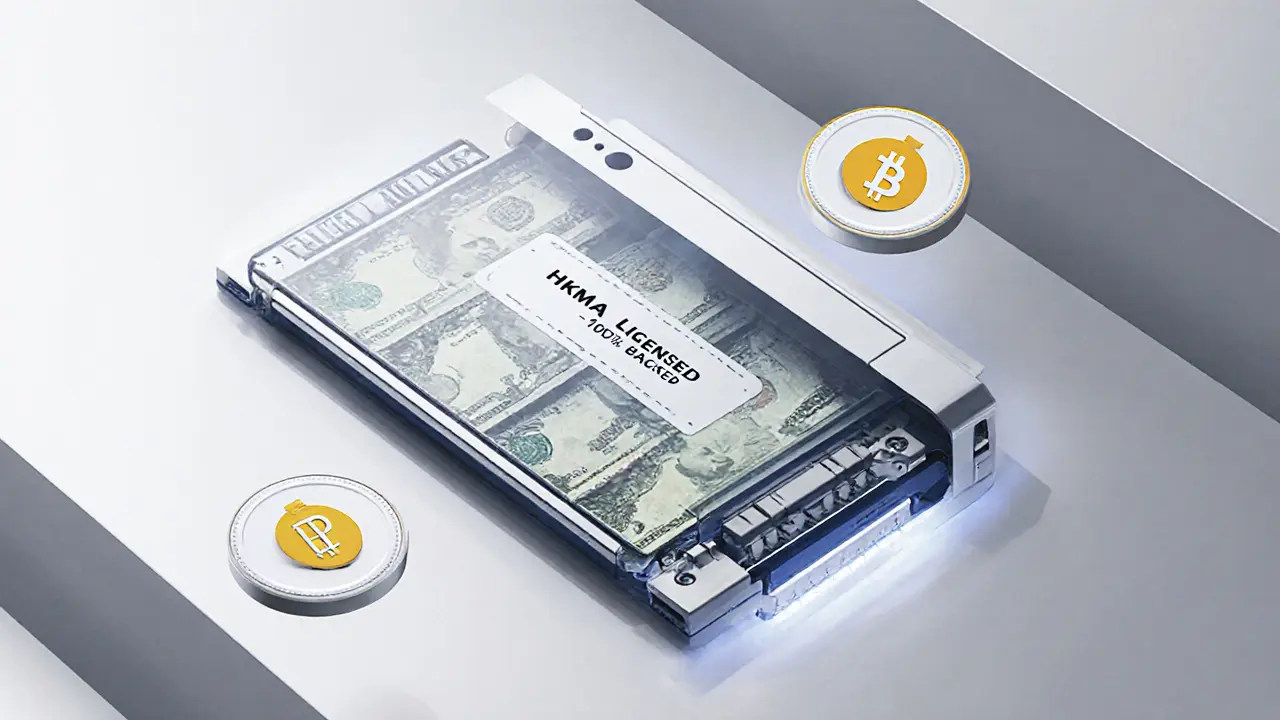Cryptocurrency Restrictions: What’s Banned, Who Enforces It, and How to Stay Legal
When we talk about cryptocurrency restrictions, government rules that limit or block the use, trading, or ownership of digital assets. Also known as crypto regulations, these rules vary wildly by country and are enforced by agencies like OFAC, the U.S. Treasury’s Office of Foreign Assets Control that tracks sanctions violations and FinCEN, the financial intelligence unit that requires reporting of foreign crypto accounts. This isn’t about stopping innovation—it’s about control. If you hold crypto in a country under U.S. sanctions, like Syria or North Korea, you could be breaking the law—even if you didn’t mean to. And if you’re a U.S. citizen with over $10,000 in foreign crypto wallets, you’re legally required to file an FBAR or face penalties up to $100,000.
Cryptocurrency restrictions don’t just target rogue nations. India taxes crypto gains at 30% and won’t let you offset losses against other income. Mexico’s FinTech Law forces exchanges to register with the CNBV and verify every user. Brazil’s Negocie Coins collapsed after regulators flagged it as a scam, showing how quickly unregulated platforms vanish. Even decentralized exchanges like MaskEX and Merchant Moe face scrutiny because they lack clear oversight. These aren’t random crackdowns—they’re part of a global shift where governments are demanding transparency, identity verification, and accountability from every crypto transaction.
What you’ll find here isn’t a list of banned coins. It’s a practical guide to the real risks: how DPRK hackers launder crypto across chains to evade detection, why circumventing sanctions can land you in court, and how the U.S. relief on Syria’s crypto scene created new compliance traps. You’ll see how FBAR violations, unregistered exchanges, and fake airdrops all tie back to the same root issue: crypto restrictions are no longer theoretical. They’re active, enforced, and getting stricter. Whether you’re trading on Cardano, claiming a Midnight airdrop, or just holding Bitcoin in a foreign wallet—you need to know what’s allowed, what’s watched, and what could cost you everything.

Hong Kong's Virtual Assets Ordinance 2025: What Cryptocurrency Users Need to Know
Hong Kong's 2025 crypto rules are here. The Stablecoins Ordinance and upcoming licensing regimes set strict limits on who can issue and trade crypto. Here's what it means for users and businesses.
